Reading
1. Quickly read the passages. Match the headings with the passages.
1. Can we live longer?
2. Can we live there?
3. Future home prediction

A __________
Travelling to Mars might become a reality sooner than you think. Scientists are planning to send people (not animals!) to explore Mars in the near future. They believe it's the only way to find out if there is, or ever has been, life on this planet. They will explore the possibility of living there. So people may go there to live one day!

B __________
Scientists say that in the future people will live longer. Incurable diseases will be cured and ‘bad' genes will probably be replaced. With healthier lifestyles and better medical care the average person will live to be 100 instead of 70 (for men) or 75 (for women) like today. Anti-ageing pills will also be invented to help people live longer.

C __________
Future homes will be located on the ocean, in the air, or underground. These homes will have advanced energy saving devices such as solar panels, solar windows, and smart home technology. Future homes will take advantage of robots to do chores such as cleaning, cooking, washing, and organising everything for their owners.
2. Underline the following words and phrases in the passages in 1. Match each of them with its explanation.
| 1. a reality | A. examine carefully to find out more about something |
| 2. explore | B. used instead of something else |
| 3. possibility | C. equipment that helps save energy |
| 4. replaced | D. a thing that actually exists or happens |
| 5. anti-ageing pills | E. something that is likely to happen |
| 6. energy saving | F. medicine that can prevent ageing devices |
3. Answer the questions.
1. Why are scientists planning to send people to Mars?
2. How will anti-ageing pills help people?
3. How long does an average person live now?
4. What are some energy saving devices?
5. What will home robots do in the future?
Speaking
4. Think about your ideas about scientific advances in these fields. Look at the example and make notes.
| Advances | Advantages | Disadvantages |
| robots | do a lot of things | unemployment |
| nuclear energy | ||
| nutrition pills | ||
| smart phones | ||
| space travel |
5. Work in groups. Express your agreement and disagreement about how scientific advances can help us solve problems in the future.
Example:
A: I think robots will help us do many boring or difficult jobs.
B: Yes. But at the same time, they may bring a lot of unemployment.
C: And they'll make us lazy and inactive.
Look out!
We use ‘at the same time’ to introduce a contrasting fact.

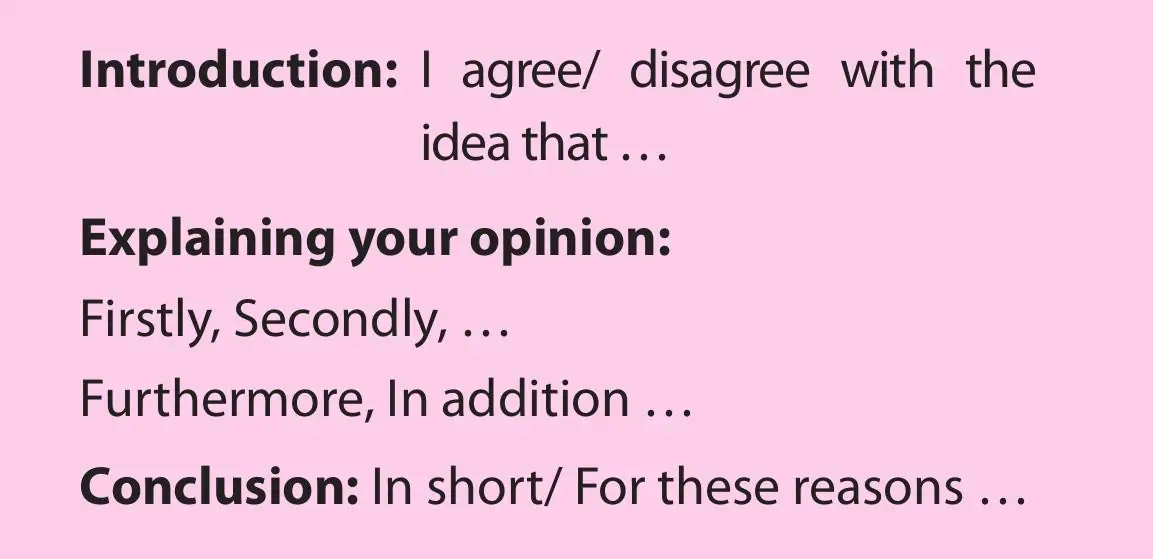
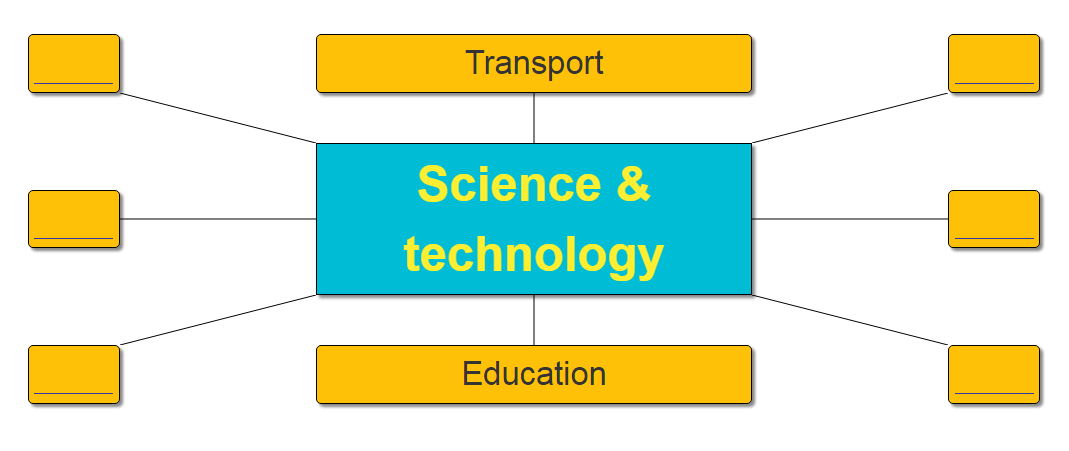
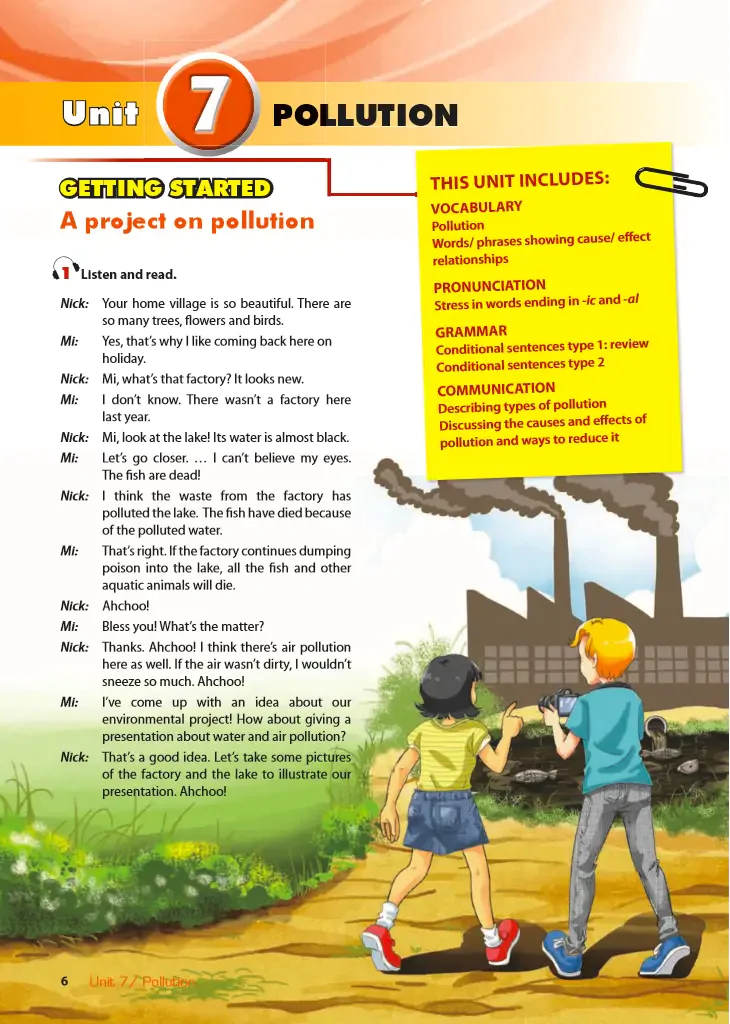
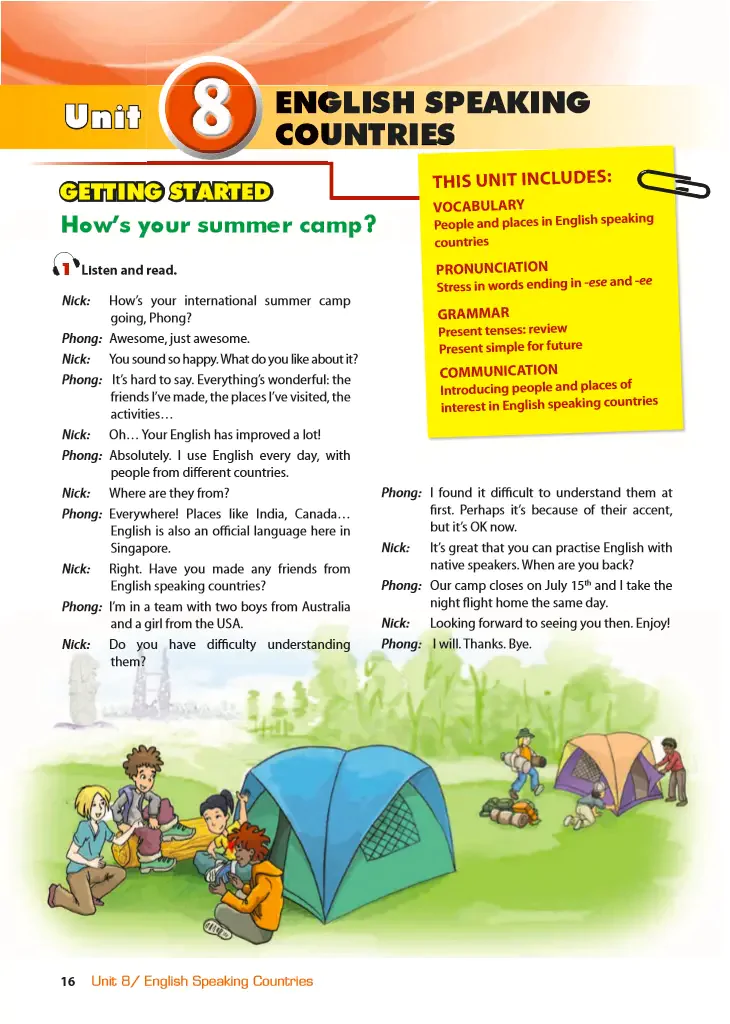
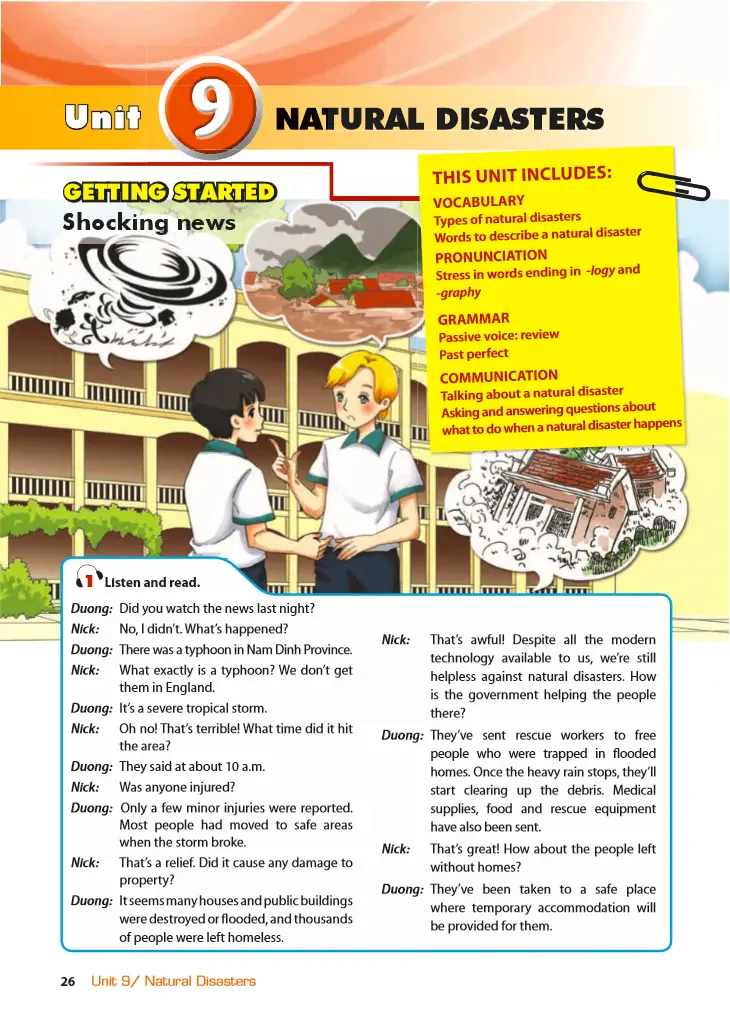
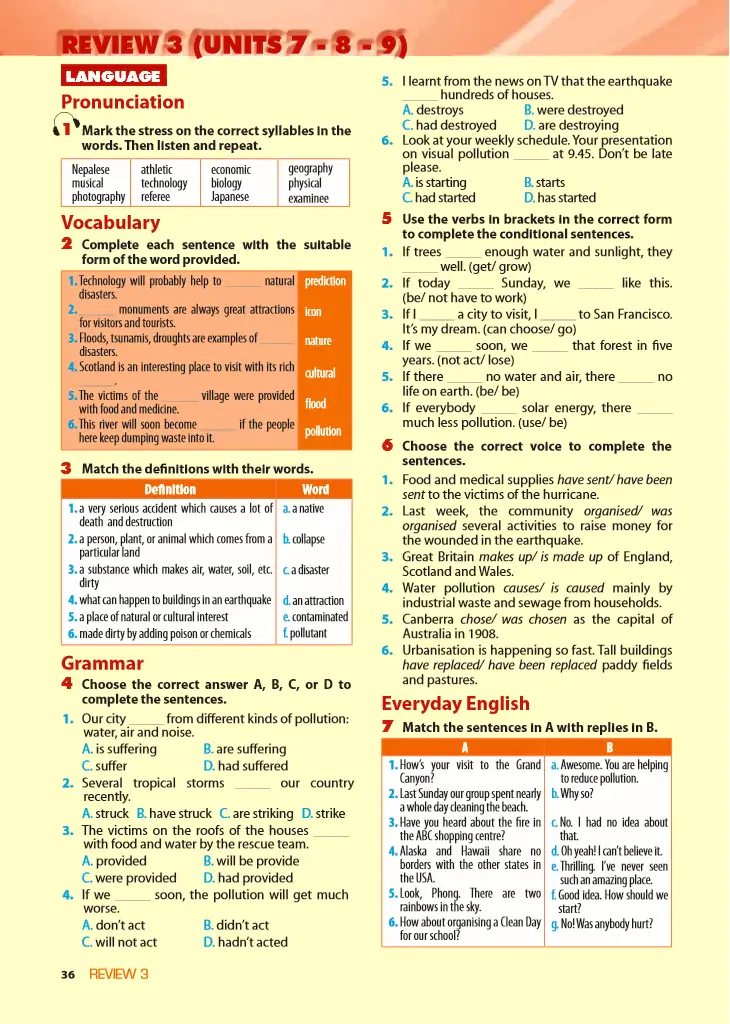
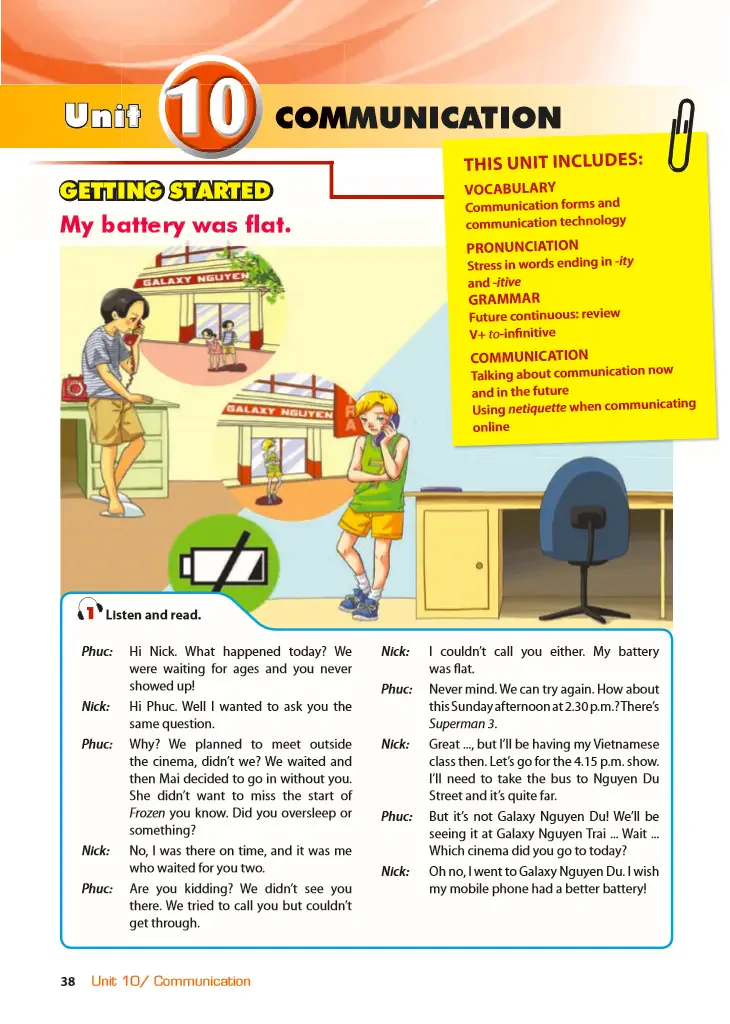
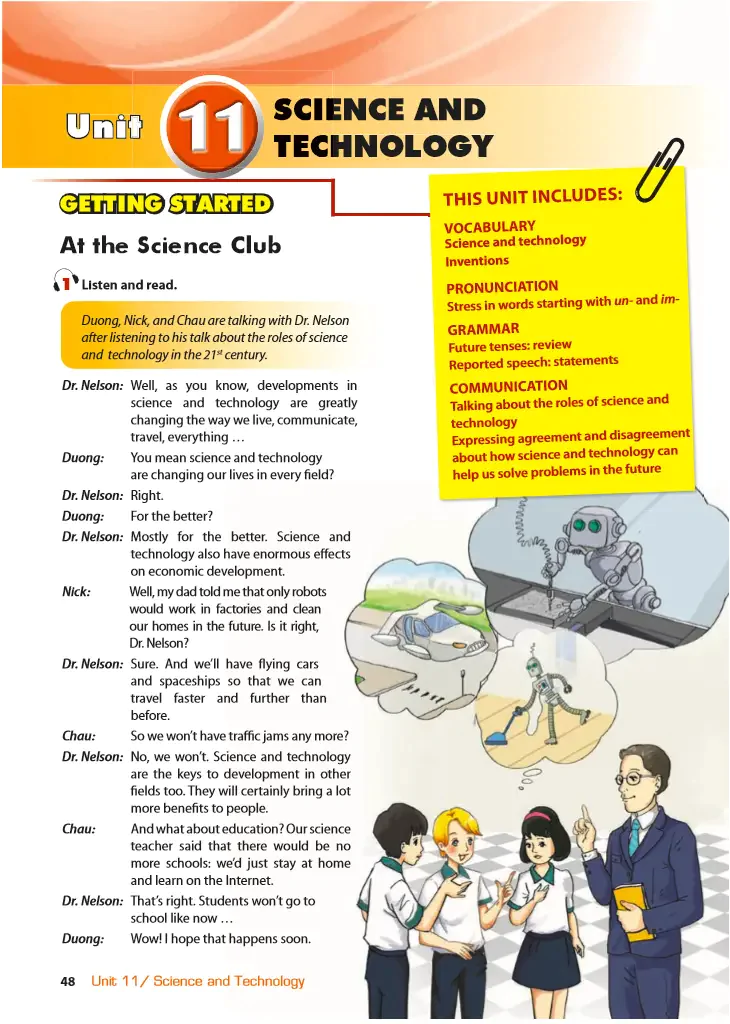
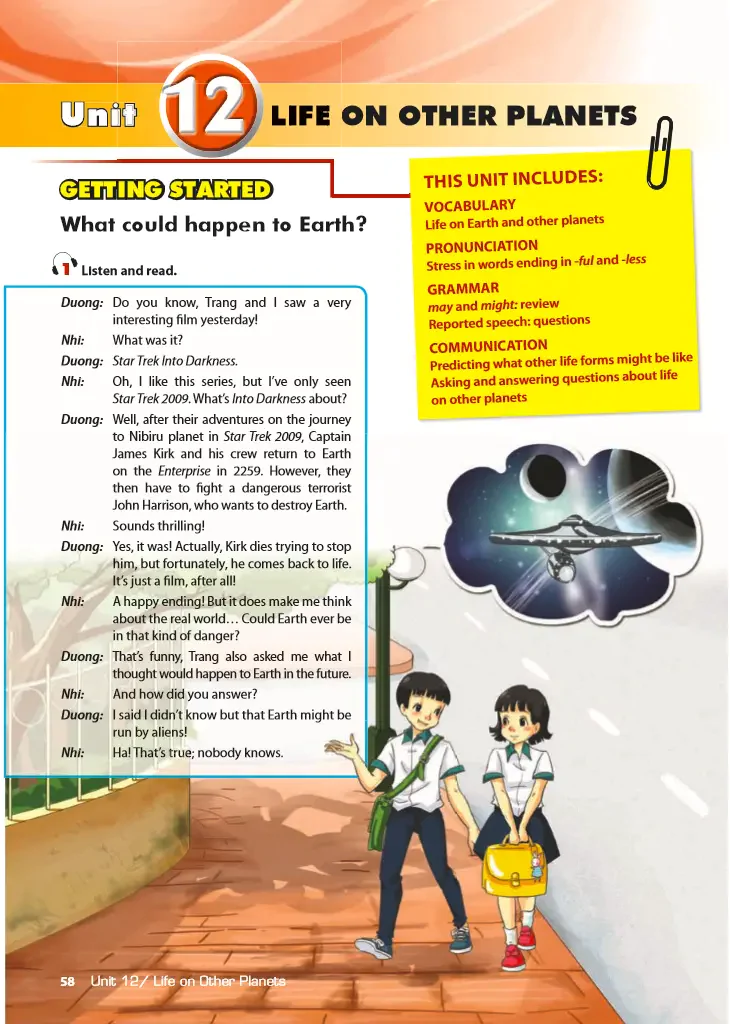
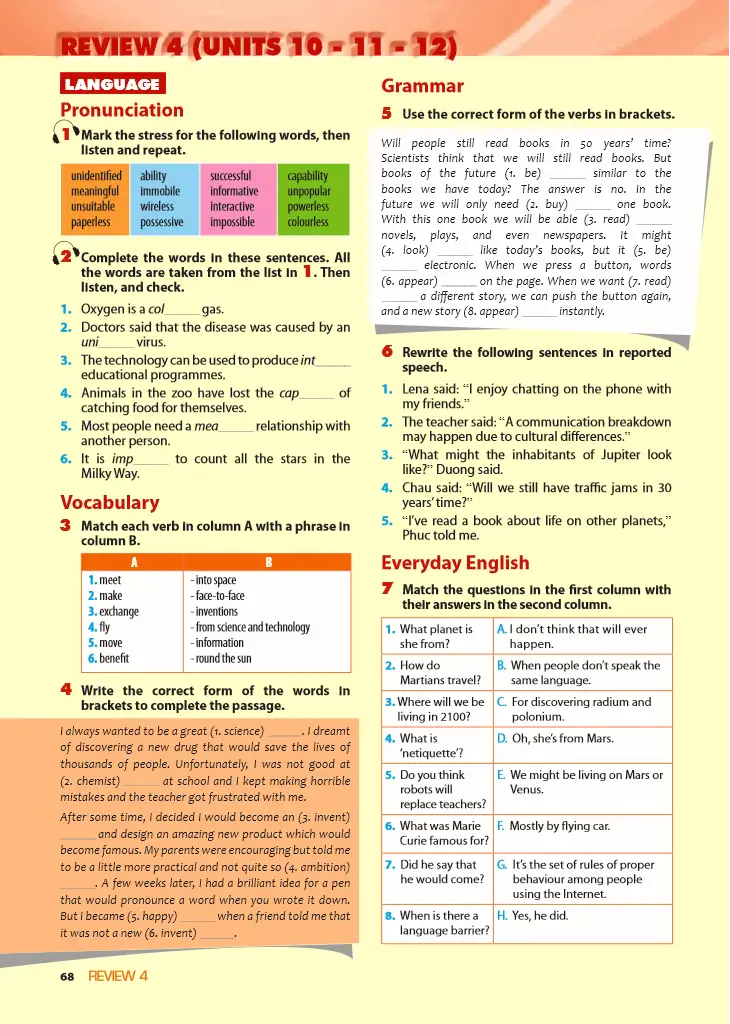





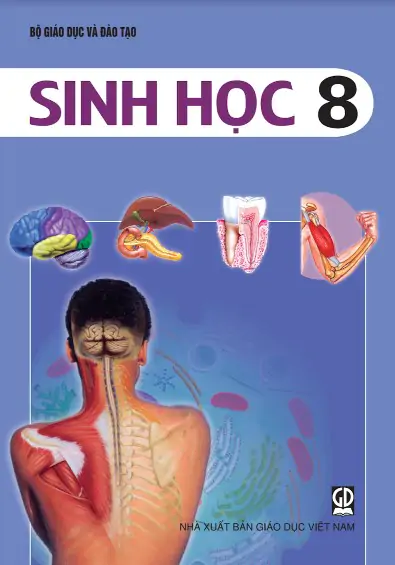





















Bình Luận
Để Lại Bình Luận Của Bạn